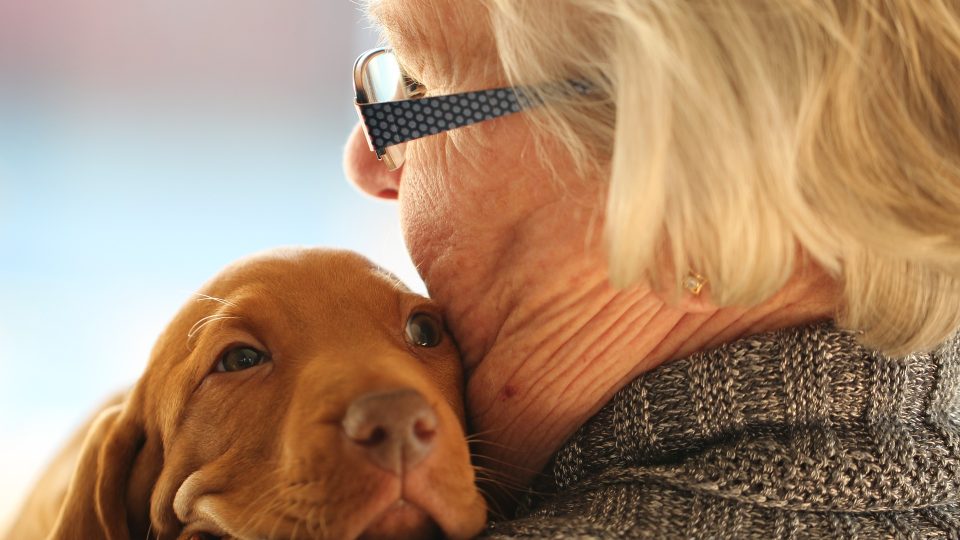Dogs are good for our health, and that’s especially true for seniors. But age and the arrival of grandchildren can create lifestyle changes—along with the type of dog that’s best for a dog-loving older person. Fortunately, there are plenty of dogs who’d fit the bill! Check out our roundup of the best dog breeds for seniors.
Adding a new dog to the family? It’s never too soon to find a great dog sitter or dog walker to help with pet care and your dog’s exercise needs.
Best Dog Breeds for Seniors
Poodle
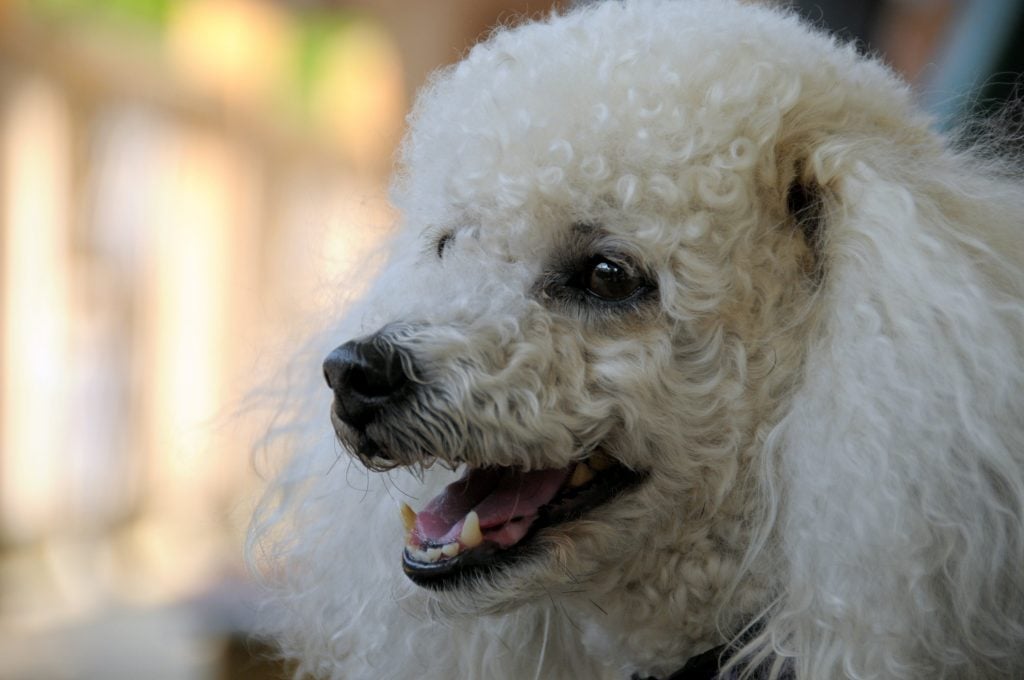
Via Flickr User Jay Whitmire
Poodles are great companions. They’re easy to train, devoted to their families, and a low-shedding breed (though they still need to be groomed). They also come in three different sizes—toy, miniature and standard—so you can pick the size that best suits you.
Corgi
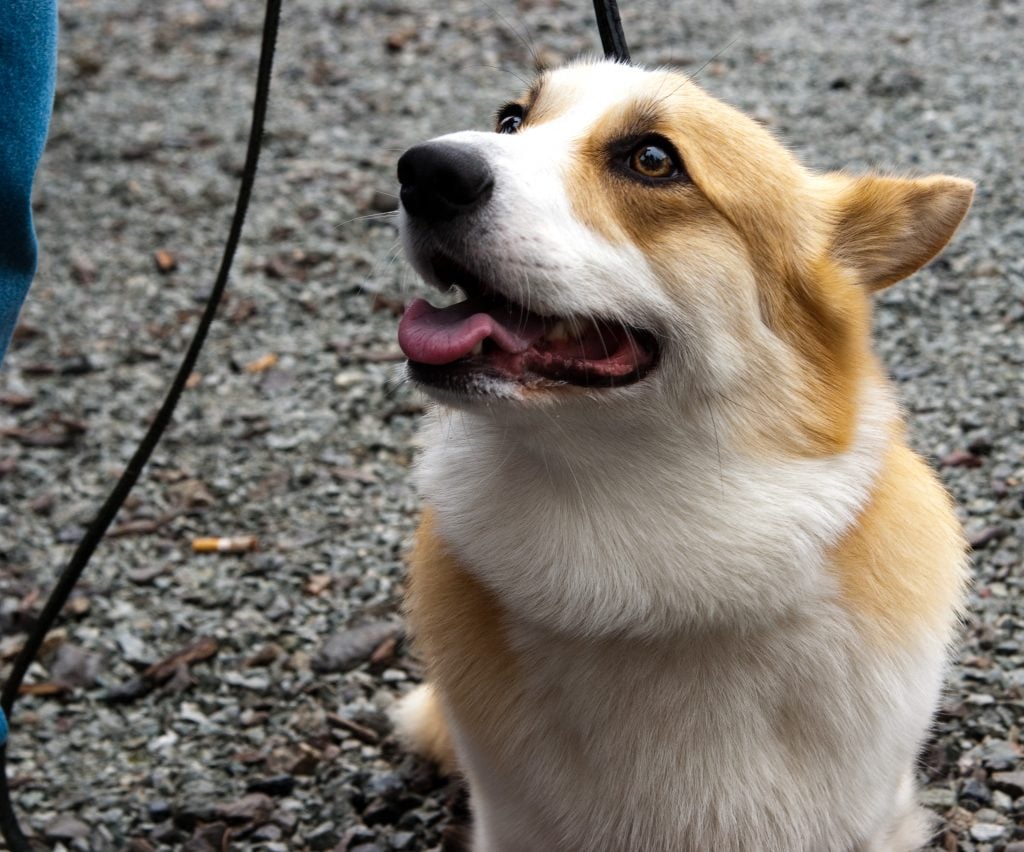
Via Flickr User Erin Kohlenberg
The spunky corgi is the perfect companion for an active senior. Compact in size, this herding breed has the energy of larger dogs, but in a more manageable package. They’re the favored companions of Queen Elizabeth and are a loving—albeit stubborn!—breed.
Maltese

Via Flickr User kitty.green66
Some dogs were bred purely as companions, and the Maltese lives up to its heritage. If you’re looking for a pet that will be by your side through thick and thin, a Maltese may be for you. Another benefit of the Maltese is they come in a tiny package and are easily portable—making trips to visit family a breeze.
Cavalier King Charles Spaniel

Via Flickr User David Shankbone
Another dog bred for companionship, the Cavalier King Charles Spaniel is a great option if you want a dog that is as happy to snuggle in your lap as they are to be out exploring with you. They’re also great family dogs, and love nothing more than to be the center of attention.
Pug

Via Flickr User Jaime González
The short-faced pug is both gentle and quiet. But don’t let their laid-back nature fool you. These compact dogs have a lot of personality! They don’t need tons of exercise, but they love being social and definitely need to be a part of the group.
Chinese Crested
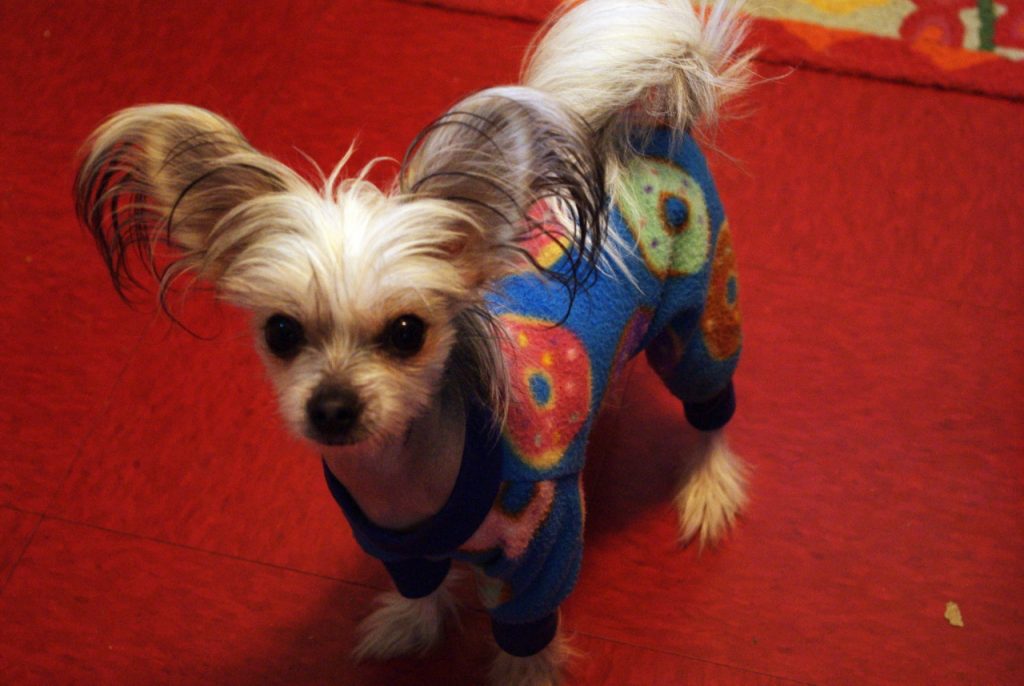
Via Flickr User Yolanda
Unlike some of the other dogs on this list, the unique Chinese Crested doesn’t need any grooming, though their exposed skin needs to be cared for. They have a medium amount of energy, but are content to sit with their owners and be quiet.
Greyhound

Via Flickr User liz west
The biggest dog on our list best dog breeds for seniors is also the laziest. Retired racing greyhounds are a great option for seniors because they are huge couch potatoes. If you adopt a greyhound from the track, you’re also getting a furry friend who has seen a lot and is well socialized.
Scottish Terrier
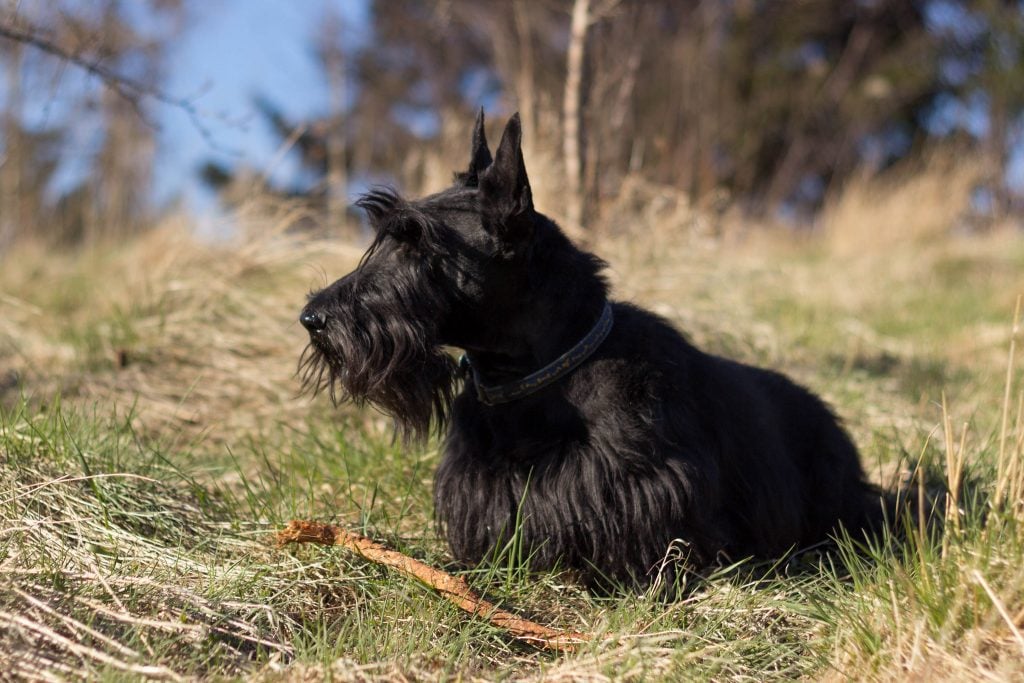
Via Flickr User Dawid Kolano
The distinctive Scottish Terrier is a great family companion. They love children and are another low-shedding breed. Their energy level is moderate, but can be easily managed with play sessions and puzzle toys.
